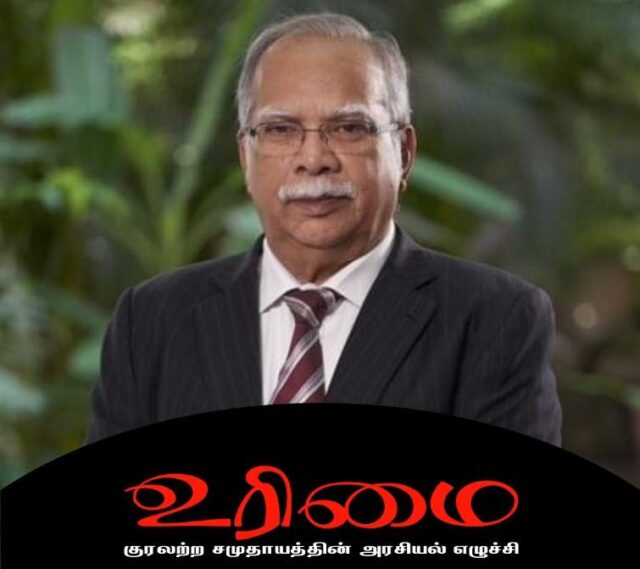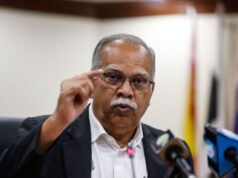CHAIRMAN, URIMAI PARTY
Penang state needs to address problems of Penang Hindu Endowments Board
A key question the state government must address is the leadership of the board—specifically, who heads it and in what capacity.
Currently, RSN Rayer, the chairman, is an MP, while his deputy is a senator. Neither are members of the Penang state Exco. Their absence in the state Exco, land committee and others might affect the performance of the board.
This is why the chairman of the board and his deputy must be members of the Penang state Exco. The current deputy chief minister 2, Jagdeep Singh, could fill in the post of chairman.
Additionally, the appointment of commissioners is not just about filling positions. These commissioners must be individuals of good standing with the ability to contribute to the board’s growth.
It is essential that equal consideration be given to the appointment of competent women, of whom there are many qualified candidates in Penang. Theoretically, commissioners are appointed by the state Exco, endorsed by the governor, and later, the chairman and deputy chairman are elected during the first board meeting of the year.
Importantly, the state government does not have the authority to directly appoint the chairman or deputy chairman under the current legal framework. It is unclear whether the present board adhered to the required procedures in this regard.
The board’s secretary must be a civil servant, as stipulated by law, but this should be someone willing to work long and irregular hours.
The PHEB is an administrative body tasked with protecting and advancing the interests of Hindus in Penang—not a religious entity, despite being commonly referred to as the “Hindu Board.” Religious matters are left to experts, and the board has no right to interfere with temple management on religious matters.
The PHEB operates under the Penang Hindu Endowments Ordinance 1906, a colonial-era legislation incorporated into the Federal Constitution after Malaysia’s independence in 1957.
Constitutionally, Hindu endowments fall under the jurisdiction of the federal government, although the operation of the board is overseen by the Penang state government.
The appointment of commissioners, the chairman, deputy chairman, and the secretary, along with other decisions, must be approved by the state government and endorsed by the state governor.
The PHEB is not a social organization. It has the power under the ordinance to take possession of properties and lands belonging to Hindus that are deemed to have been misused.
During my 13-year tenure as chairman, only three properties or temples were brought under the board’s control by invoking Sections 4 and 5 of the ordinance.
I am skeptical that the current leadership has introduced the necessary policy initiatives to boost the board’s financial standing. A one-sided reduction of expenses could have long-term negative effects on the board’s financial capacity. Under my leadership, from 2010 to 2023, the value of properties under the board’s jurisdiction increased significantly.
Though one year may be too short for the present leadership to make a substantial financial impact, the Hindu community deserves to know the board’s financial plans. For five decades under the BN and MIC, the PHEB saw little progress or development. The last 13 years, however, were undoubtedly the board’s golden era.












